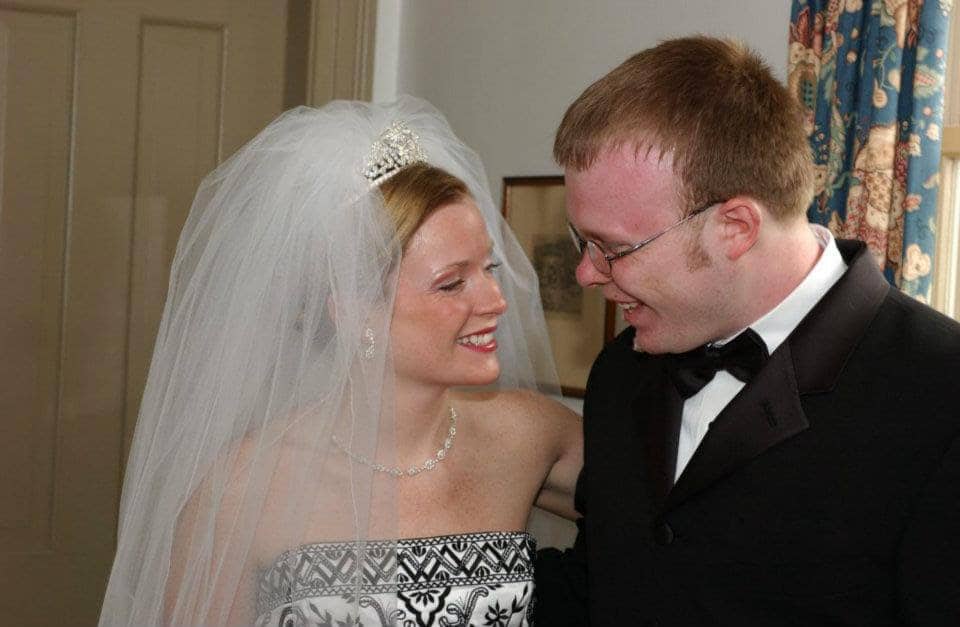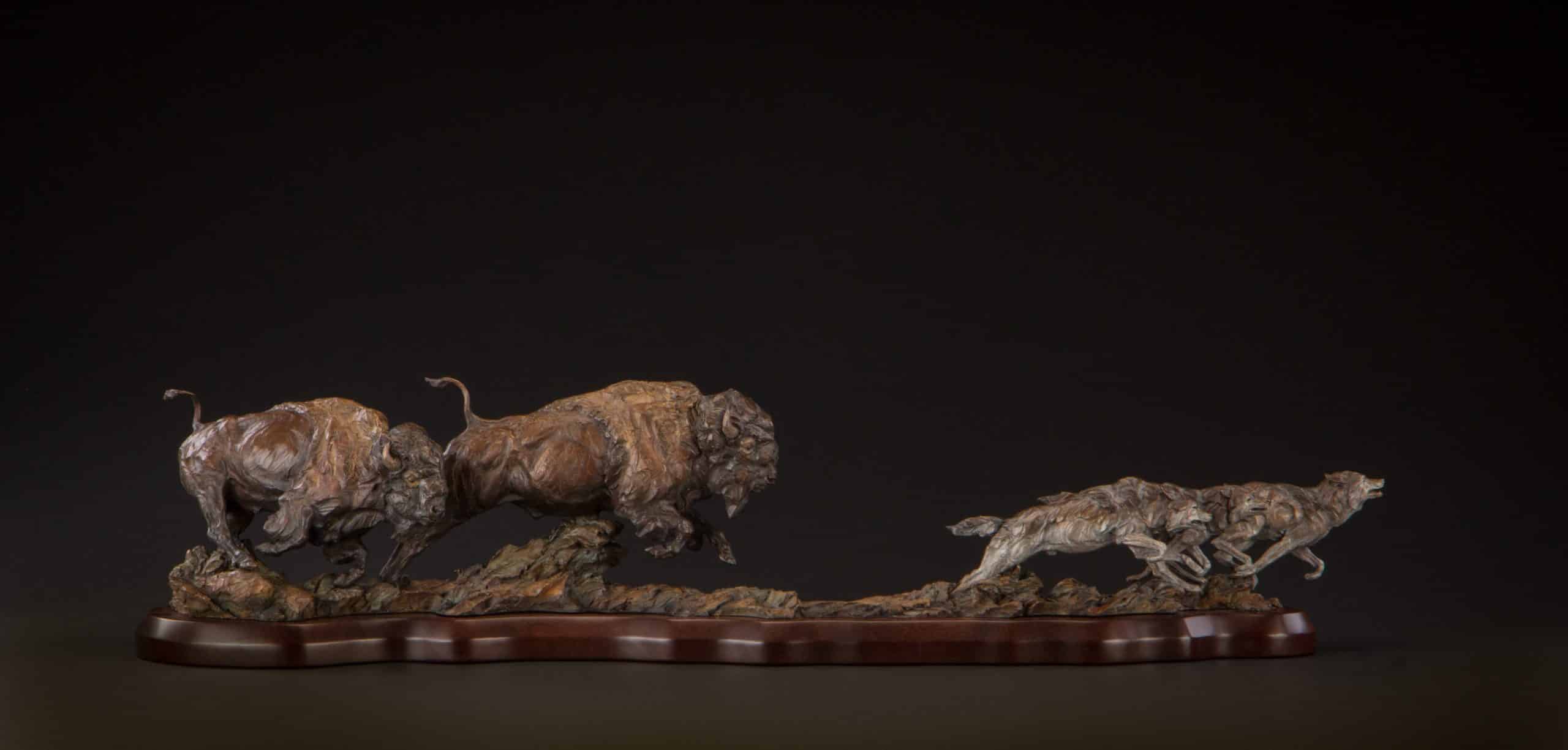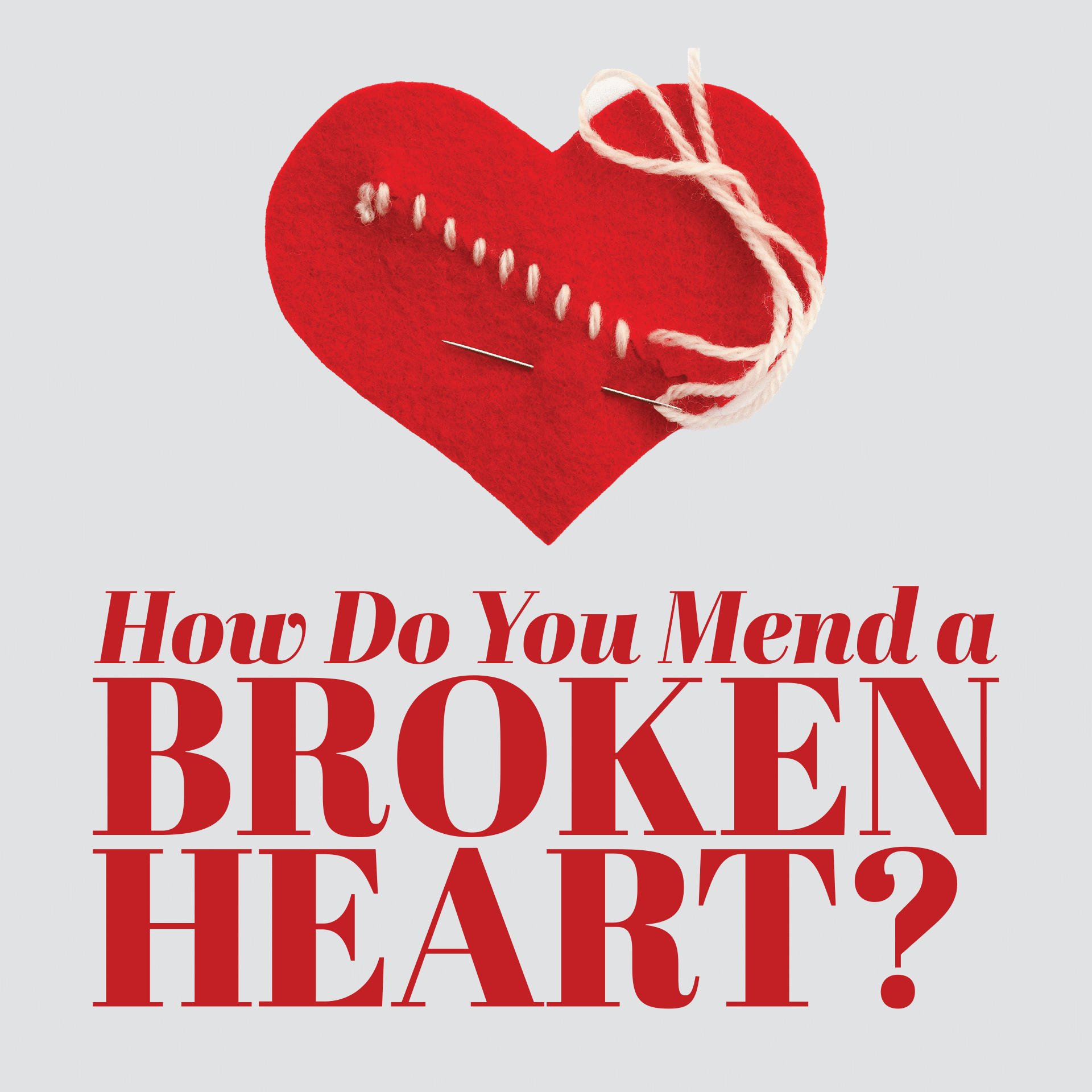Many years ago my son, Brian, was excited to buy his first new car.
He did weeks of research before deciding on a top of the line Honda Accord. It had all the trimmings.
Brian was most excited that he special ordered the car spec’d out exactly the way he wanted it.
When it finally came in I remember his jubilation. He was so excited to pick it up, especially because it would be the highlight of our traditional Thursday night family dinner, which happened to be that evening.
The family typically showed up around seven. I expected Brian would show up early and pull me out to the driveway, delighted to show me the car before anyone else arrived.
Surprisingly, he didn’t.
Instead, Brian showed up late.
When he walked into the kitchen his face was anything but delighted.
I said, “So, do you absolutely love it?!”
With indifference, he replied, “Yeah, it’s cool.”
Obviously something was wrong.
I prodded, “Well let’s go out and see it!”
Brian’s response was, “Nah, let’s just do it after dinner.”
I was surprised. I was perplexed. I was also disappointed.
During dinner, Brian’s brothers and cousin asked questions about the car. It was a game of verbal dodgeball. He ducked them all.
No excitement. No jubilation. Now my paternal instinct was kicking in. Dad was worried.
After dinner, Brian tried to make his escape with the rest of the boys, but I held him back.
I pushed him to show me all the cool features of the car.
He resisted. I insisted.
At first glance I exclaimed, “Wow! It’s beautiful! Let’s go for a ride. I want the honor of being the first butt in the passenger seat.”
With a pensive glance, he said, “No Dad, I don’t think you’ll want to.”
At this point I called him out…”Brian, what’s the matter? You were so excited about the car this morning, and now you seem like you don’t even care.”
Brian said nothing. He simply walked around to the passenger door, opened it, and waved me over.
“Look,” he said.
I did. All I saw was the meticulous interior of a brand new car.
“Look closer,” he coaxed.
I looked again.
I then turned to him and said “What? I don’t see anything.”
“Look closely at the seat. See it now?” he bemoaned.
On third look, I did see it. There was a small ripple in the leather. It was barely visible.
If you knew Brian back then, you knew that a little imperfection had a lot of implication.
He finally opened up, lamenting that he was going to take the car back because of the blemish.
He went on for five minutes about how he couldn’t stand it and he knew he would hyperfocus and obsess on it every time he drove the car.
He complained about his bad fortune. How could he get the one defective car out of all the other new Honda Accords that were made that year?
After hearing him out, I looked him in the eyes, and said, “Brian, it’s just the opposite. You’re fortunate to have gotten this particular car.”
He looked bewildered. It was obviously not the response he expected.
I went on to explain, “Every other new Honda Accord they made this year is probably the same. This car is unique. This car has character. This car was made for you… it’s perfectly imperfect.”
You could see the wheels turning. His face relaxed. A smile slowly appeared.
Imperfection
In Japan, the beauty of imperfection is referred to as wabi-sabi. This cultural aesthetic permeates daily life in Japan. It’s reflected in their architecture, landscaping, and centuries old traditions like pottery making.
In Navajo culture, rug weavers incorporate small imperfections along border lines called ch’ihónít’i, meaning “spirit line” in English. They believe they’re entwining part of their soul into the rug.
In India and Pakistan, Phulkari is an embroidering technique that integrates minor deviations into standard textile patterns to commemorate special events like a baby’s birth. These “flaws” are what make some of the fabrics so unique.
I don’t remember how I learned about the beauty of imperfection, but as a type A personality, it has helped me to not obsess about a world that is not perfect.
It’s ironic that someone who was regarded as one of the most “perfect looking” women in the world once said…
“Imperfection is beauty, madness is genius, and it’s better to be absolutely ridiculous than absolutely boring.” -Marilyn Monroe
So the next time you’re stressed because things are a mess, remember the magic of perfectly imperfect… like the misspelling in the title.












